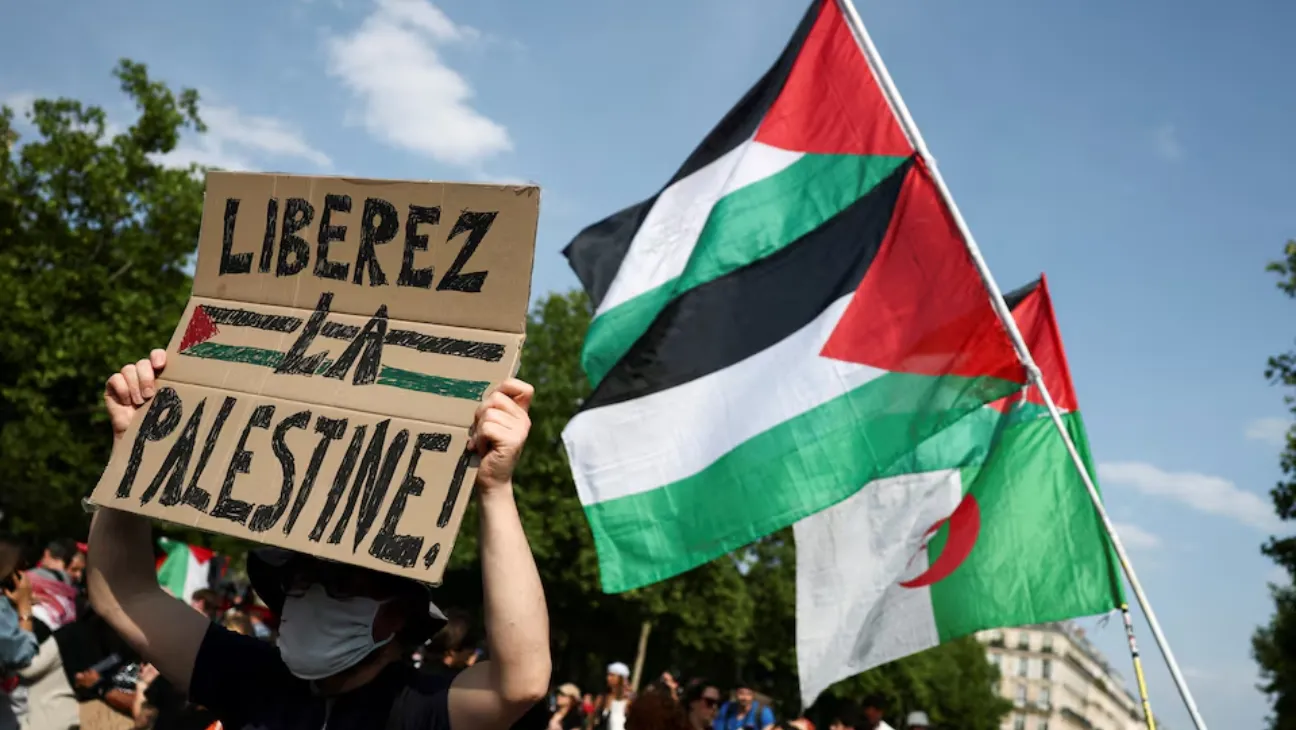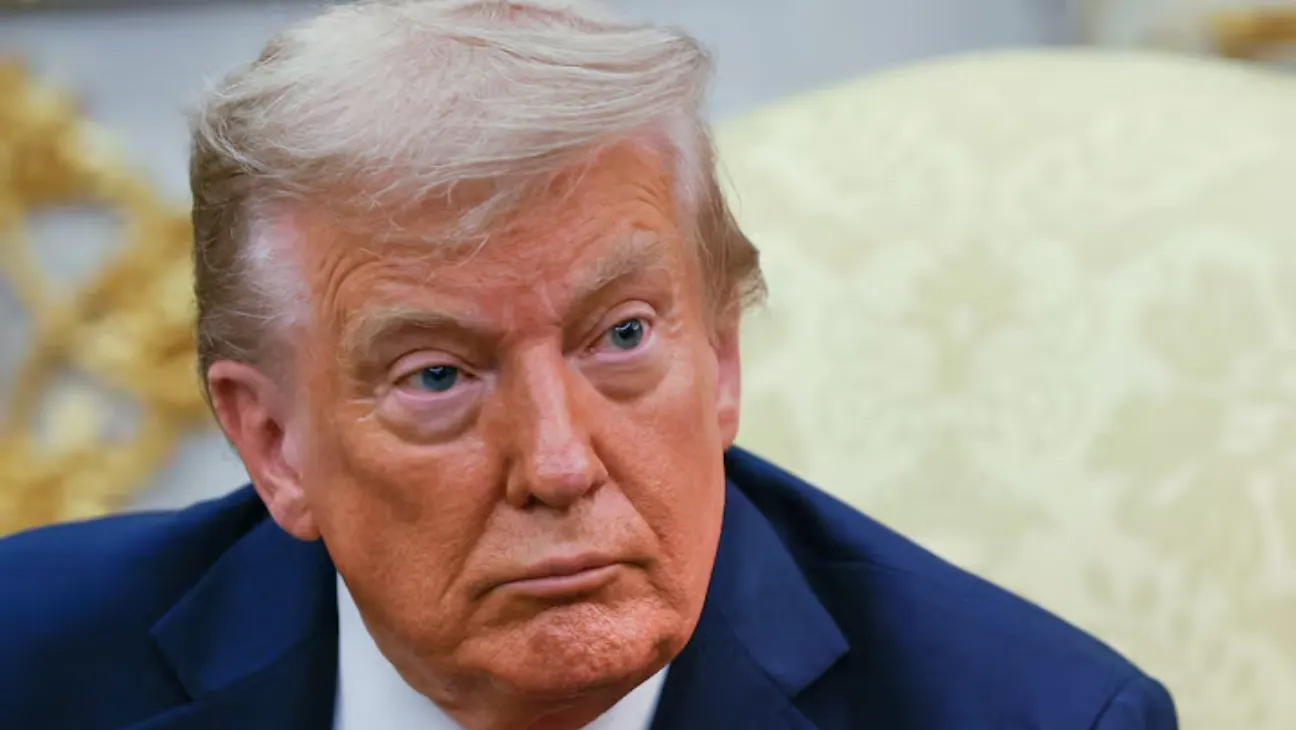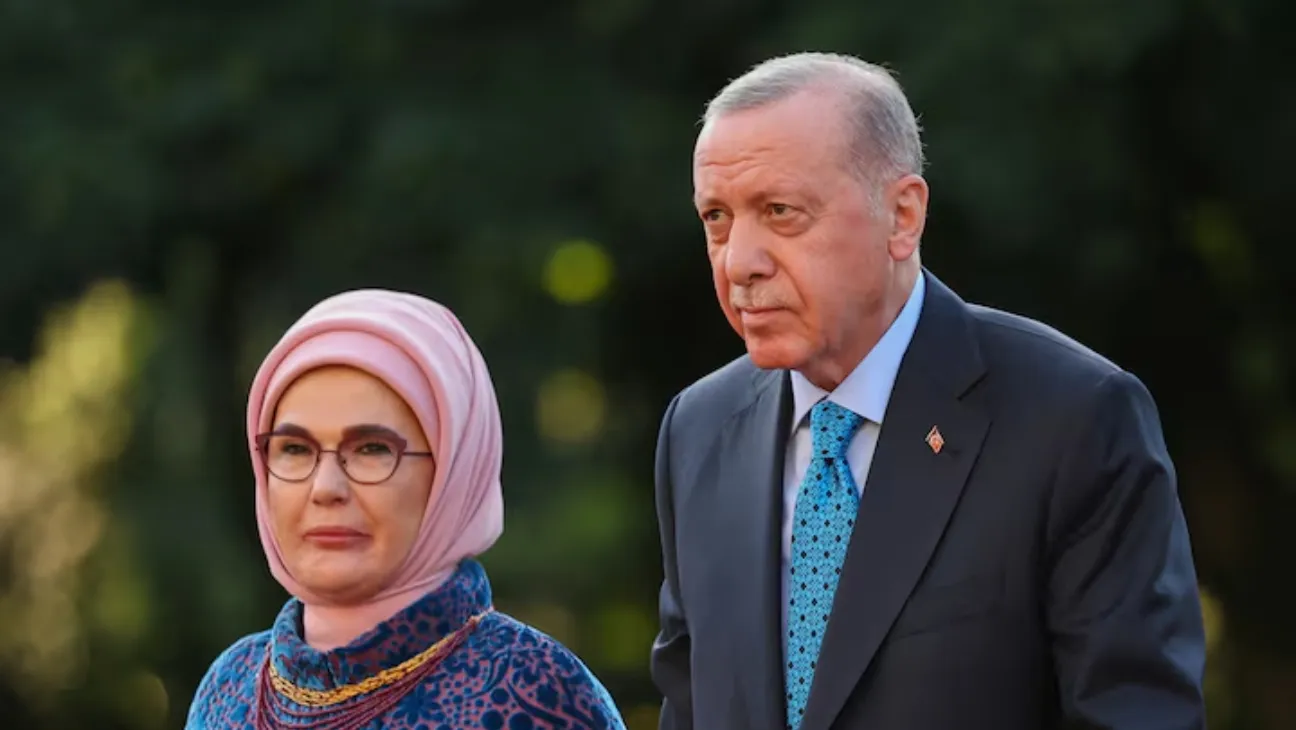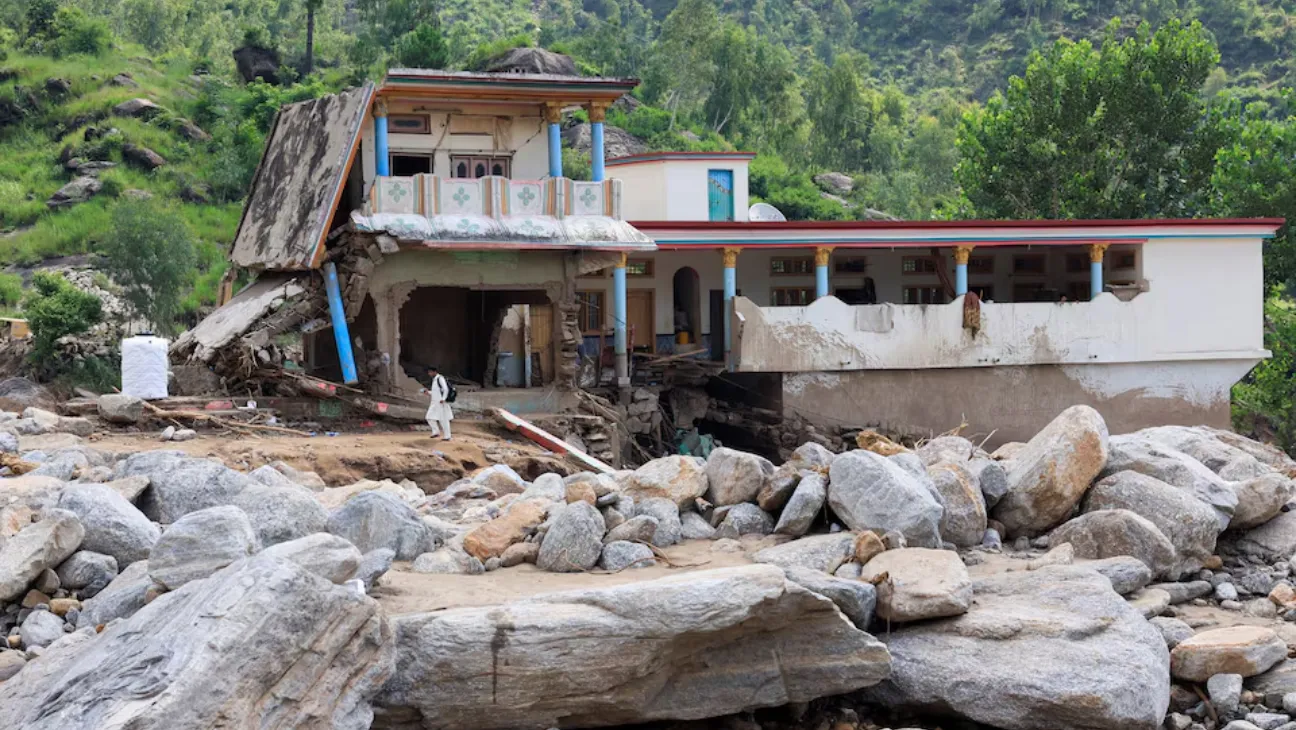Something big is brewing among some of America’s closest allies. France, Britain, and Canada are all getting ready to recognize a Palestinian state—a huge shift driven by the fact that the war in Gaza just keeps getting worse, and the idea of a two-state solution feels more like a fantasy every day.
From what officials are saying, the plan is to make it official this September. This decision didn’t happen overnight; it came after months of quiet talks where the three countries realized the humanitarian disaster in Gaza and the pressure of doing nothing had become too much to ignore.
Canadian Prime Minister Mark Carney said Thursday that “the possibility of a two-state solution is being eroded before our eyes,” explaining that the move was intended to help reverse what he described as a cycle of worsening conflict.
Pressure From Gaza and Diplomatic Calculations
The change in position began after Spain, Ireland, and Norway recognized a Palestinian state in May 2024, a step that drew cautious responses from Israel’s closer allies. France, Britain, and Canada initially resisted, wary of being seen as rewarding Hamas, undermining ties with Washington, or risking their influence in the region.
French President Emmanuel Macron, who in May dismissed “emotional” recognition, shifted as images of malnourished children and reports of deepening hardship in Gaza became harder to ignore. His government also faced increasing concern that Israeli restrictions on aid and expanded settler violence in the West Bank were closing the window for a future Palestinian state.
Macron finally pulled the trigger in late July. He blindsided other leaders on July 24 with his plan to recognize a Palestinian state at the UN that fall. All eyes were on Trump, but his reaction was basically a shrug.
Macron took a huge risk, and man, did it pay off. Everybody braced for Trump’s reaction… and then, nothing. He just let it go.
Also Read: Canada to Recognize Palestine at UN Amid Gaza Starvation and Global Pressure
Behind-the-Scenes Coordination
A Canadian source who was in on the talks said the communication between Macron, Carney, and British Prime Minister Keir Starmer went into overdrive this summer. The three were constantly on the phone or texting, trying to get on the same page before making their move.
Britain recalled its cabinet during Trump’s visit in late July to approve its own recognition plan. London’s move would come in September unless Israel agreed to a ceasefire and presented a credible peace plan. Carney, wary of acting without cover from allies, followed once France and Britain committed.
“International cooperation is essential to securing lasting peace and stability in the Middle East and Canada will do its best to help lead that effort,” Carney said Wednesday.
These three nations gambled that recognizing Palestine together would send a stronger message than three separate declarations. It wasn’t enough to sway the U.S., though. Secretary of State Marco Rubio played down the decision, calling it purely symbolic.
Don’t expect the rest of the G7 to follow suit. Germany, Italy, and Japan are all sitting this one out, period.
ALSO READ | France to Recognize Palestinian State at UN General Assembly, Macron Confirms
Global Context and U.N. Implications
Look, you have almost every country in the UN saying Palestine is a state. All that international support, and it means nothing. Why? Because the U.S. holds a veto in the Security Council, and that single vote is enough to kill any chance Palestine has of becoming a full member.
Richard Gowan, U.N. director at the International Crisis Group, said the announcements still matter. “We are seeing some big U.S. allies catching up with the bulk of the Global South on the Palestinian question,” he said. “That makes it a little harder for Israel to write off the pro-recognition camp as irrelevant.”
For now, the move is largely symbolic. But it signals growing impatience among traditional Israeli allies and a willingness to break with Washington’s approach if the conflict continues without a path to peace.









